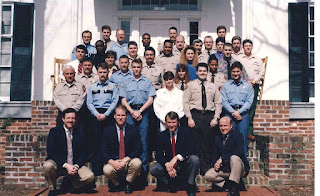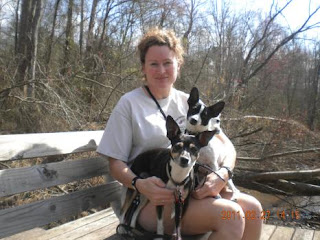Laura Motes enjoys being active and one of her favorite activities is kayaking. While kayaking can be fun, it can also be dangerous if you are not careful. Make sure you follow these safety precautions the next time you go kayaking.
Never Kayak Alone
Although you may be tempted to use your kayak to get some alone time, you should never go kayaking alone. You could get lost, become injured or have another type of problem and if you are alone, nobody would be able to help you. Always go with at least one other person and consider kayaking with a group.
Always Wear A Life Jacket
No matter how good of a swimmer you are, you still should wear a life jacket when kayaking. Your life jacket can keep you afloat if you fall out of your boat or become injured and unable to swim.
Obey All Posted Laws
If you are kayaking in public areas, you will likely see signs and warnings posted. It is important to obey these signs and warnings at all times. These laws are made for your protection and not following them could cause an accident or lead to injuries. You could also get into legal trouble for breaking any posted laws.
Laura Motes has been kayaking for years and enjoys it. She is always careful to stay safe and reminds her friends and other kayakers to stay safe as well. The above tips will help you stay safe during your next kayak trip.
Never Kayak Alone
Although you may be tempted to use your kayak to get some alone time, you should never go kayaking alone. You could get lost, become injured or have another type of problem and if you are alone, nobody would be able to help you. Always go with at least one other person and consider kayaking with a group.
Always Wear A Life Jacket
No matter how good of a swimmer you are, you still should wear a life jacket when kayaking. Your life jacket can keep you afloat if you fall out of your boat or become injured and unable to swim.
Obey All Posted Laws
If you are kayaking in public areas, you will likely see signs and warnings posted. It is important to obey these signs and warnings at all times. These laws are made for your protection and not following them could cause an accident or lead to injuries. You could also get into legal trouble for breaking any posted laws.
Laura Motes has been kayaking for years and enjoys it. She is always careful to stay safe and reminds her friends and other kayakers to stay safe as well. The above tips will help you stay safe during your next kayak trip.






